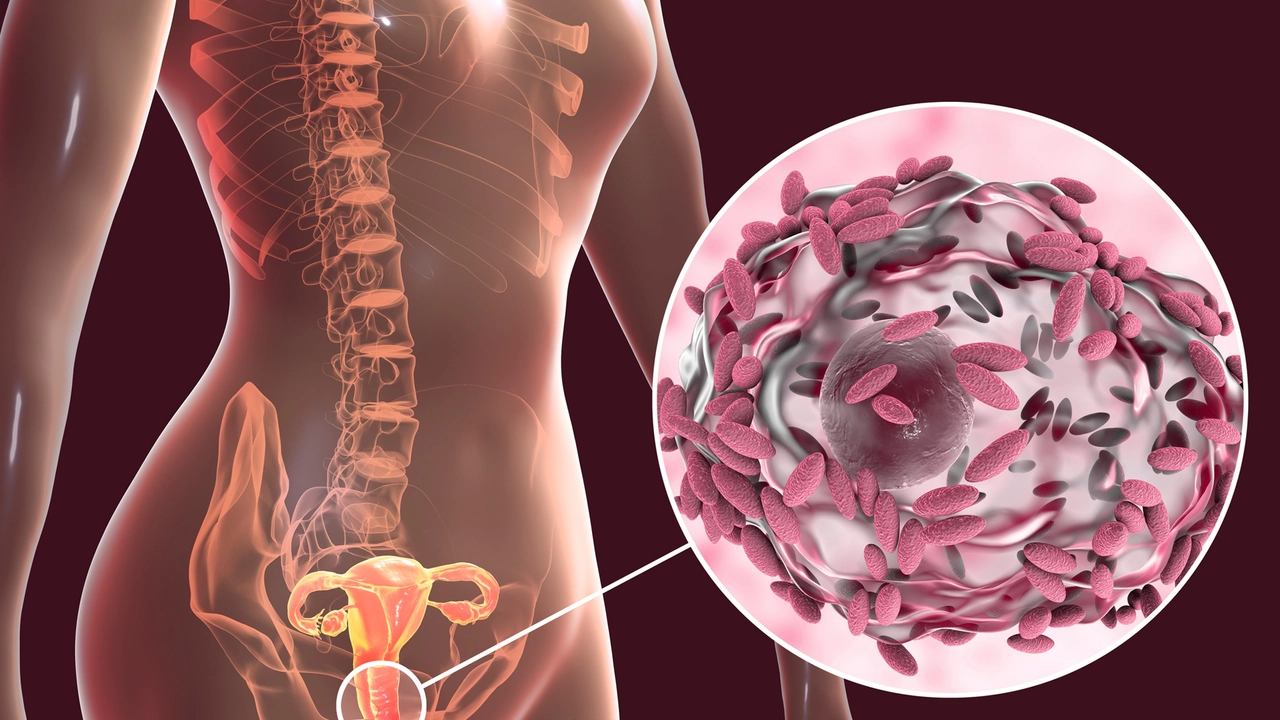Vaginal Infections: What They Are and How to Deal With Them
If you’ve ever felt itching, burning, or odd discharge down there, you’re probably wondering what’s going on. Vaginal infections are super common and usually easy to sort out once you know the basics.
Common Types and Their Symptoms
The two big players are yeast infections (caused by Candida) and bacterial vaginosis (BV). A yeast infection gives you thick, white “cheese‑like” discharge, plus itching and a burning feeling when you pee. It often shows up after antibiotics, high sugar meals, or tight clothes.
BV, on the other hand, brings a thin grayish‑white discharge with a fishy smell, especially after sex. You might not feel much itching, but the odor is a giveaway. A third less common one is trichomoniasis, a parasite that makes yellow‑green frothy discharge and can cause pain during intercourse.
All three can make you uncomfortable, but they’re treatable. The key is to notice the pattern: thick white vs thin grayish vs frothy green, plus any odor or itching.
How to Treat and Prevent
For a yeast infection, over‑the‑counter creams or suppositories with miconazole or clotrimazole work fast. Follow the package directions—usually one night for three days. If it keeps coming back, see a doctor; you might need a prescription pill.
Bacterial vaginosis needs antibiotics, either oral metronidazole or a gel you apply inside the vagina. Even if symptoms improve after a day, finish the whole course to avoid recurrence.
Trichomoniasis also requires a short dose of metronidazole, but both partners should get treated at the same time to stop re‑infection.
Beyond meds, simple habits help keep infections at bay: wear cotton underwear, avoid scented soaps or douches, and change out of wet clothes (like swimsuits) quickly. Cutting back on sugar can lower yeast growth, and staying hydrated helps maintain a healthy vaginal pH.
If you notice any sudden changes—especially heavy bleeding, severe pain, or fever—call your healthcare provider right away. Those could signal something more serious than a routine infection.
Bottom line: vaginal infections are normal, they have clear signs, and most can be handled with cheap OTC products or a quick prescription. Knowing what’s typical for each type lets you act fast and keep your intimate health on track.

The connection between vaginal infections and sexual health
In my latest post, I delve into the intimate link between vaginal infections and sexual health. It's important to understand that these infections, often caused by bacteria, yeast, or viruses, can impact our sexual health significantly. They can lead to discomfort during intercourse, reduced sexual desire, and even fertility issues. Moreover, unprotected sexual activities can increase the risk of acquiring such infections. So, ladies, maintaining optimal sexual health is key to preventing vaginal infections and vice versa.
Detail




